#- Gror
Explore tagged Tumblr posts
Text


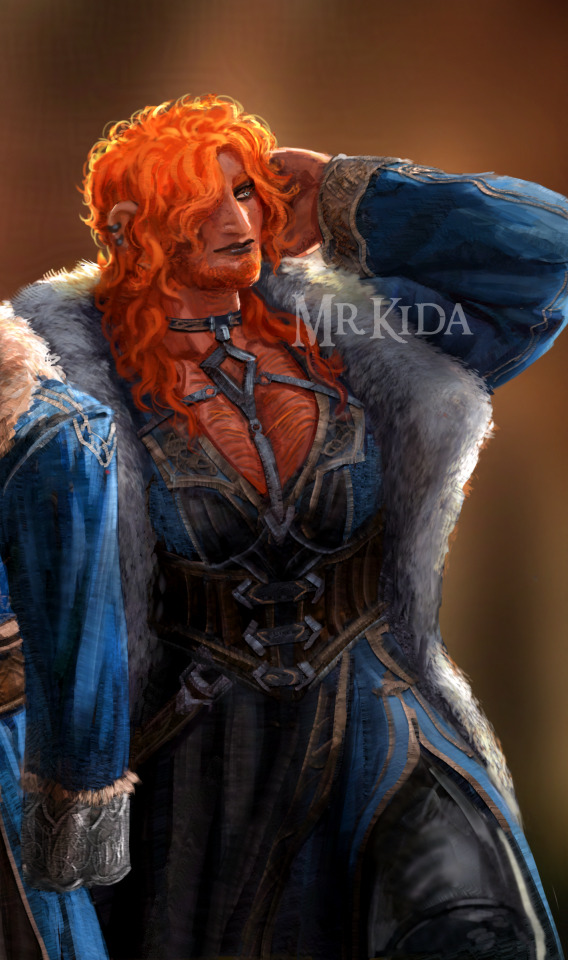
I wanted to paint all three of the Durin sibling trio alive (the OG one) so here's Thrór, Frór and Grór from a Frór lives!AU
#my art#the hobbit#tolkien#lotr#the lord of the rings#dwarves#durin's folk#lord of the rings#dwarrowdam#longbeards#thrór#thror#grór#gror#grór lord of the iron hills#except in this AU it's Frór who has the lord of the Iron Hills title#Grór is the unbothered baby sibling#Frór#frór#the line of durin#the royal line of durin#Mr.Kida Tolkien AU#fem!Grór#dwarves of ered mithrin
439 notes
·
View notes
Text
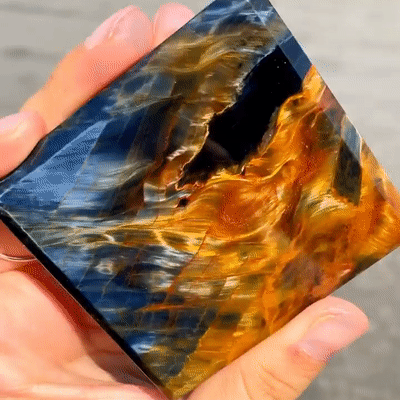
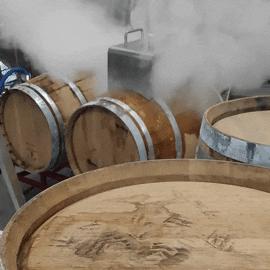
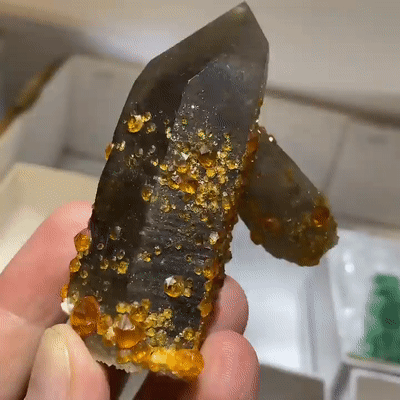




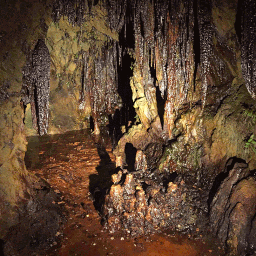
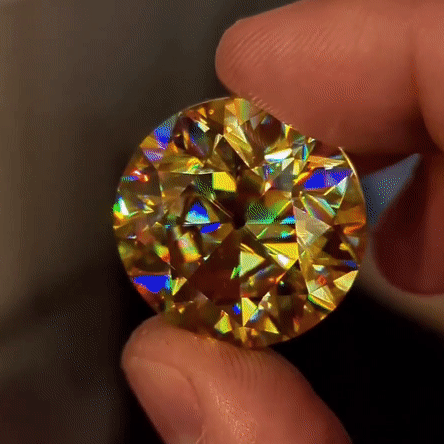

Grór (LOTR) with dwarf-themed stims for @jazz-fr0g!
💎|🪨|💎 🪨|💎|🪨 💎|🪨|💎
#weheartstims#stimboard#grór#gror#lotr#dwarf#dwarven#fictive#fictive stimboard#hands#gems#crystals#barrels#axe#rocks#stones#cave#orange#blue#black#grey#gray#brown
10 notes
·
View notes
Text
jeghetermagne - Gror (prod.Paul Bernard)
jeghetermagne har sluppet låten “Gror”. Jeg har laget musikken og mikset, Subphotic har mastret. Magne er rapper og poet. Han har vært en av mine favoritter i mange år, og vi går way back. Jeg kaller dette hiophop/rap, men andre ville kanskje sagt at det er nærmere visesang og filmmusikk. Sjekk ut låten selv – og del gjerne den gjerne med andre hvis den faller i smak! (Låten finnes selvsagt på…
youtube
View On WordPress
#askøy#bergen#drammen#gror#hiphop#jeghetermagne#lyrikk#magne#musikk#musikkproduksjon#norsk#paul bernard#poesi#rap#singel#svelvik#Youtube
3 notes
·
View notes
Text
art dump 04/2024 - 04/2022
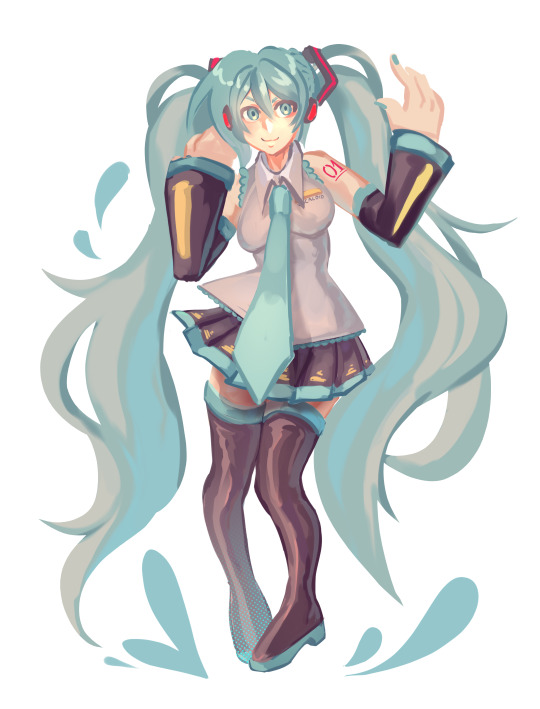

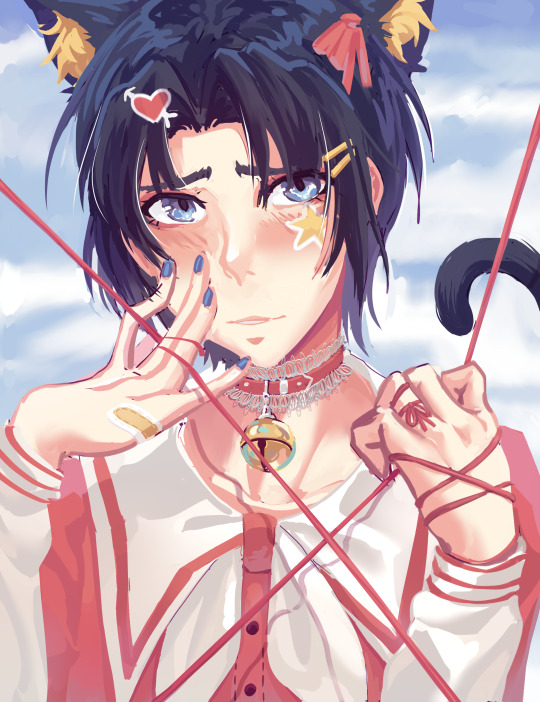
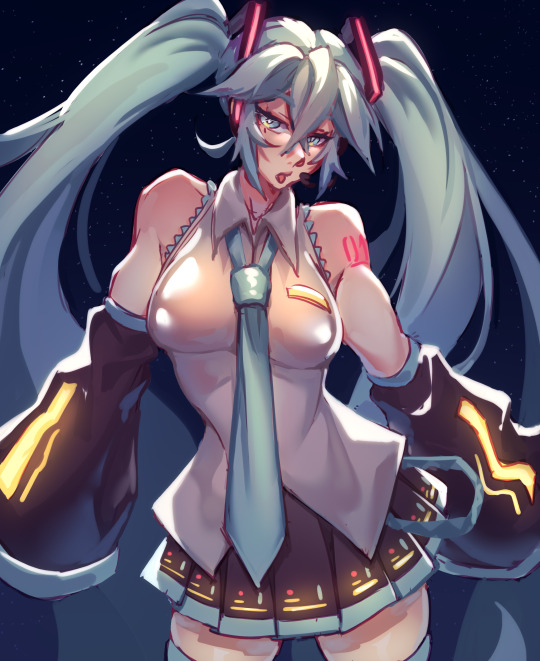
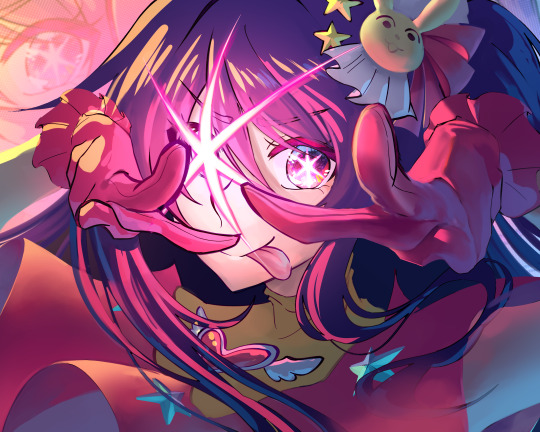
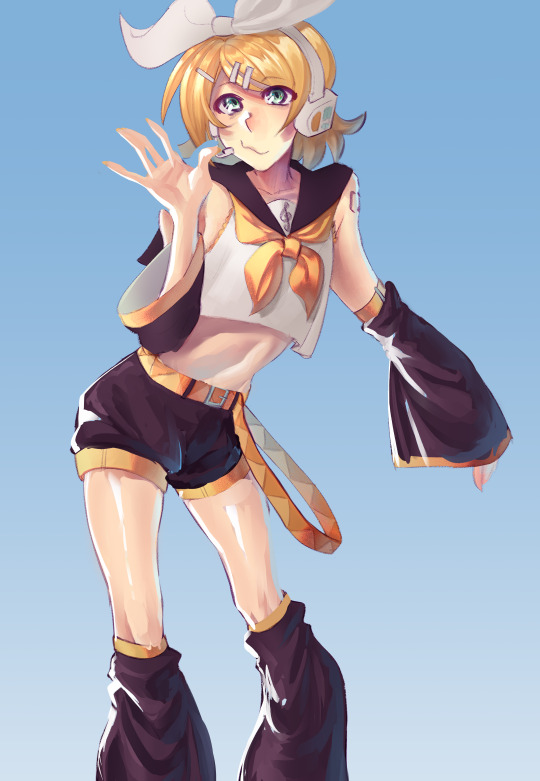
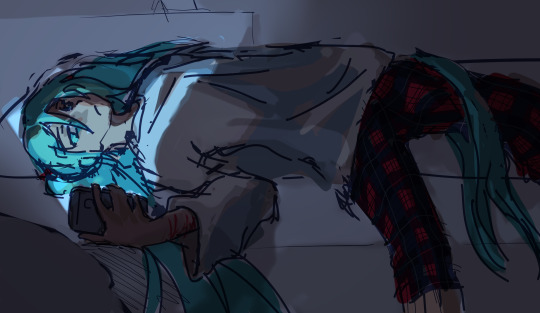
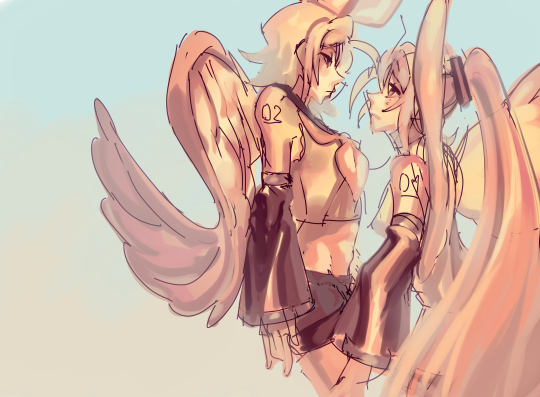

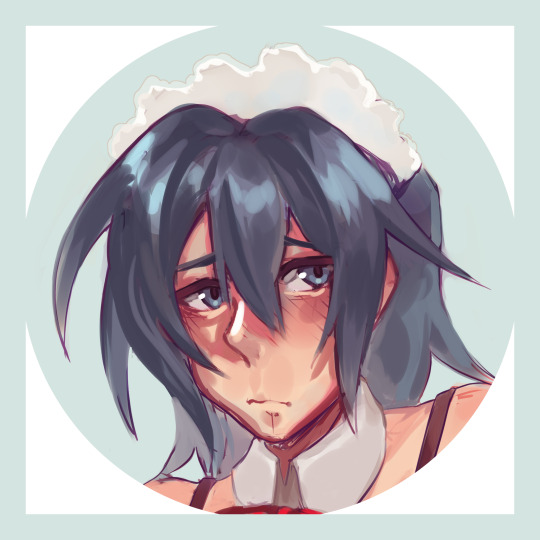


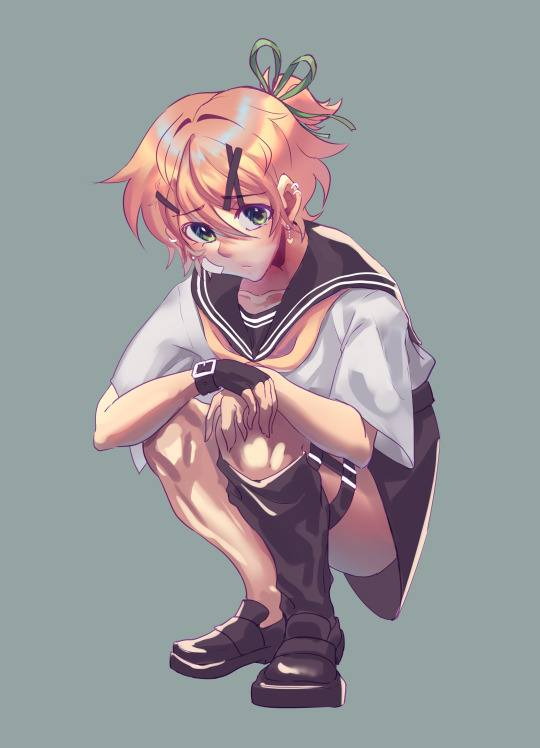
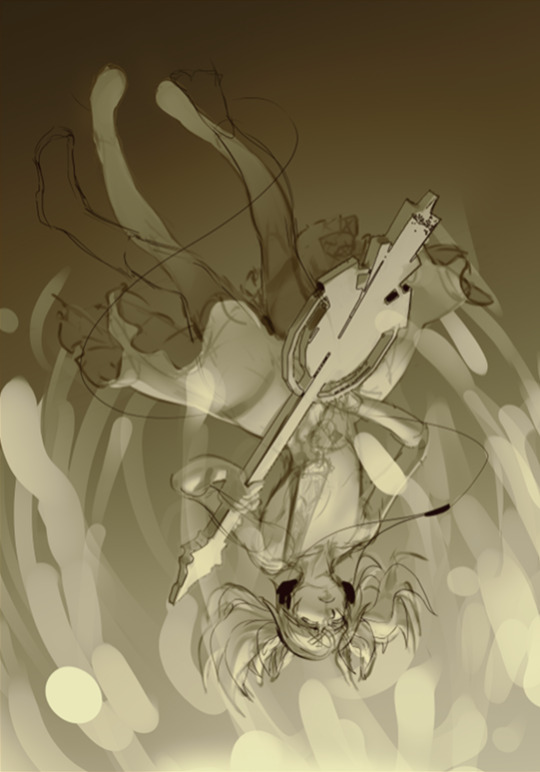



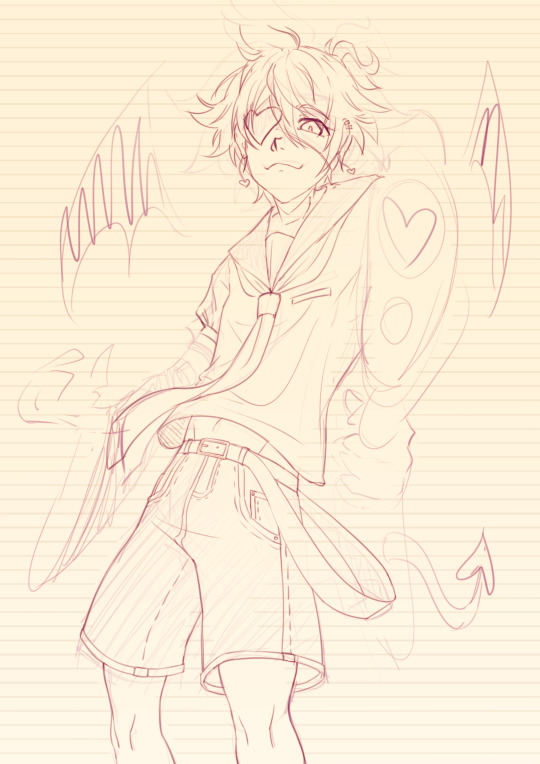



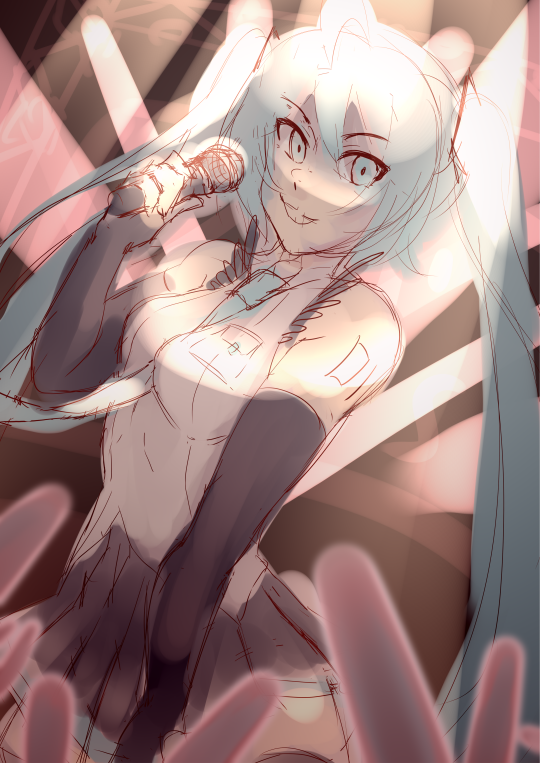



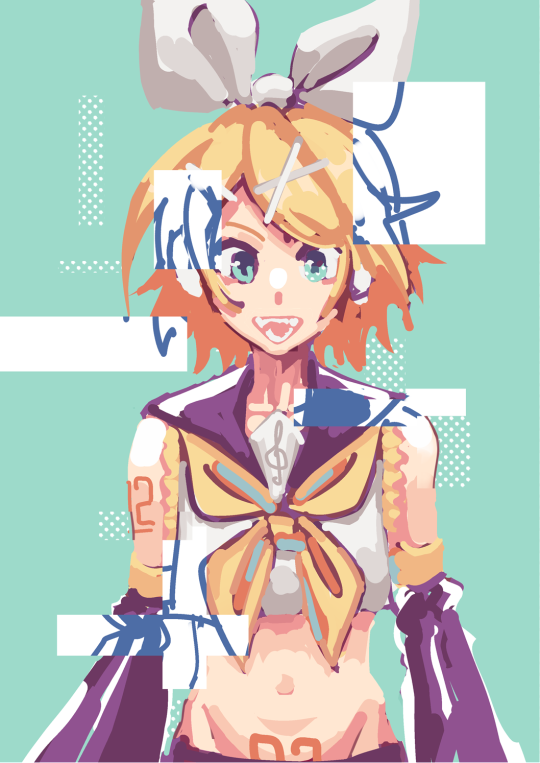



#art#drawing#fanart#anime art#hatsune miku#art dump#kagamine rin#kagamine len#paint tool sai#vocaloid fanart#kasane teto#painting#i didnt actually mean to include some of the really old things#like OLD old things#but they looked nice so#the venti one is from april 4th 2022#rgkg#doodles#ilove miku#very much#ok it's 3 am bye#I SHOULD HAVE PUT DATES I FO GROR
15 notes
·
View notes
Text
"Av måneskinn gror det ingenting" (1987) - Arild Brinchmann


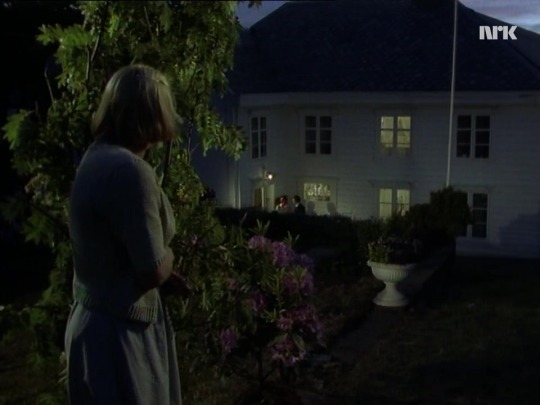
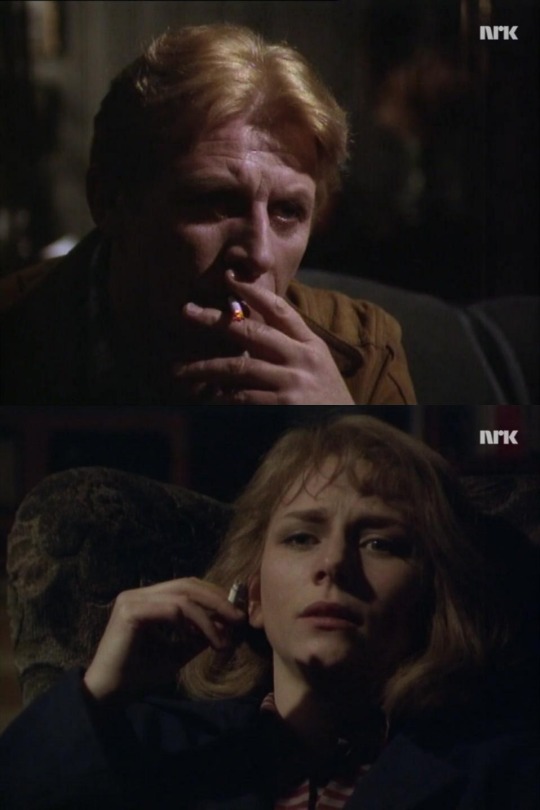
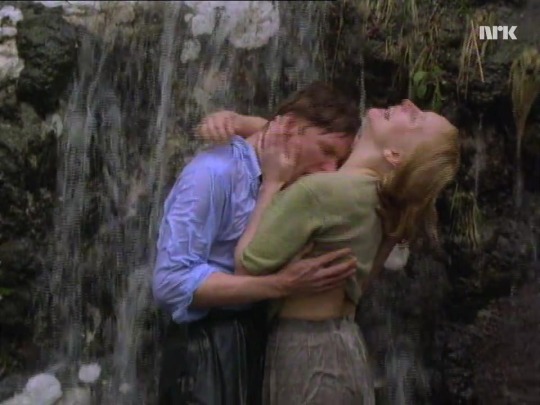
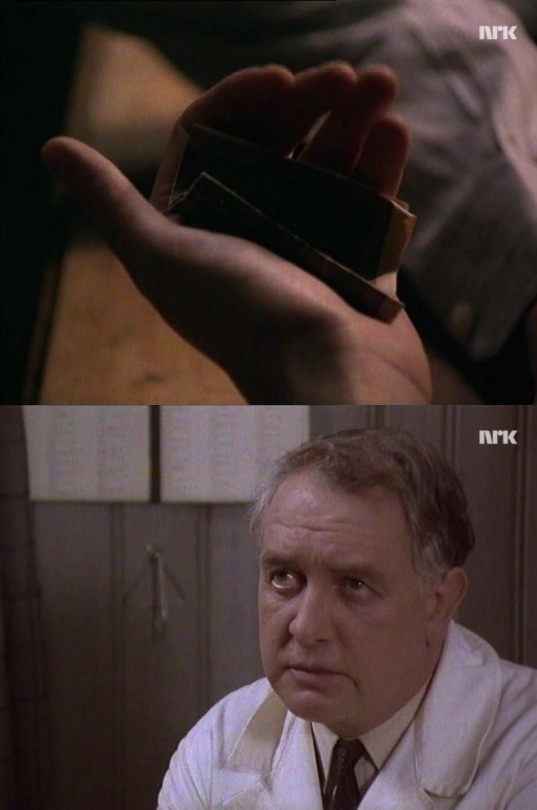

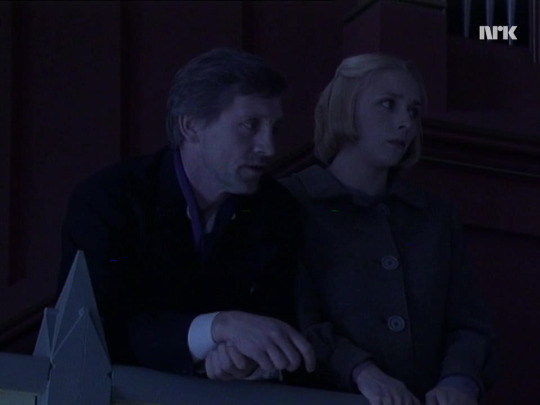
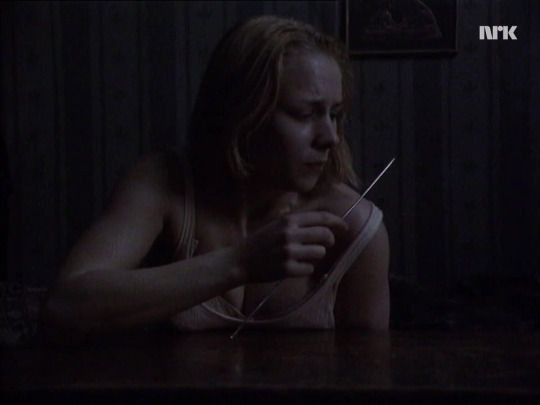
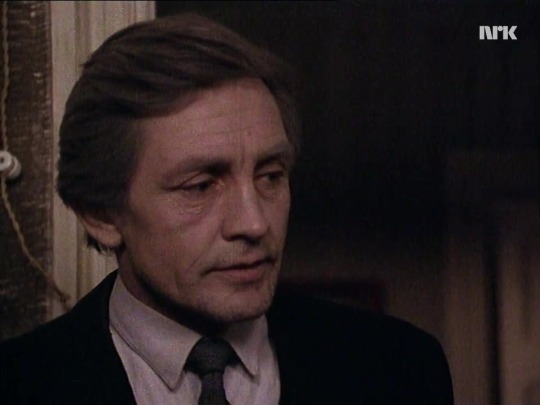
Films I've watched in 2023 (94/119)
#films watched in 2023#Av måneskinn gror det ingenting#Anne Krigsvoll#Ivar Nørve#Per Frisch#Finn Kvalem#Svein Scharffenberg#Arild Brinchmann#Torborg Nedraas#motionpicturelover's screencaps#FT
0 notes
Text
This month will be so so much fun. 😎✨️
Plans📒✅️
Finishing up traditional artworks.
I planning to join the challange of this month for the bagginshield community, also have two fanfictions where making illustrations.
I would like to make a concept for lotr and hobbit style tattoos.( i currently learning how to do tattoo)
Maybe continue with the fanfic that i started the Shining like the Arken. Its a modern au where the Durins has a jewellery empire and Bilbo just coming in the middle of the story.
Wanna doing a fanart about the design of Gror made by @mrkida-art , ohmymahal...please check out the gallery of this artist, the fantastic as a word is not enough to describe how good the artwork that they done.
Also developing skills in digital art and draw new things for practice, i would like to learn to render.
So tons of plans 😌🤝💪✨️💖
#artists on tumblr#sketch#bagginshield#the hobbit#thilbo#lotr fanart#tolkien fanart#fanart#plans for february
8 notes
·
View notes
Text
Indre rod shit post
Lige siden jeg var 17-18 år og havde mit “glow up” har jeg synes det er virkelig svært, det med at folk vil en for udseendet. Nu er jeg 24 og jeg troede faktisk at det var et gammelt mønster jeg har brudt ud af, men så finder jeg mig selv i Indien, hvor jeg møder en lokal fyr jeg synes jeg connecter med på et sjæleligt niveau, og det føles mutual. Efter et par ugers overvejelser om om jeg vil give et stykke af mig selv til ham, og nogle dagdrømme om os der laver “love making” and not just fucking. Det er helligt for mig som voksen. Sådan at mikse energier være intime. Og hvad jeg troede ville være en sensuel oplevelse, ender bare med at han bare vil kneppe som var det er pornofilm. Jeg er skorpion så jeg elsker passion, og jeg er følsom, dyb og verbal. Så det gør mig faktisk frygteligt ked af det, når det skal være på den måde. Og sådan er det bare tit. Det er et mønster. Måske er det noget med de mænd jeg falder for? Det lyder seriøst så Pick me, men jeg er oprigtigt træt af mænds henvendelser, der bunder i seksuelle ting, og det er også mit indre mandehad jeg skal lære at pakke væk, og lade vær at vande for så gror det jo, i mig og omkring mig. Men altså har bare grædt hele dagen (det var i går) fordi at jeg føler når andre ikke respekterer og sætter pris på mig, så respektere jeg jo heller ikke mig selv. Fordi jeg finder mig i det. Og det er nok det største svigt jeg kender til. Når jeg svigter mig selv. Vi lå og stargazede forinden fordi det var nymåne, og så spurgte han mig, hvad jeg ikke kunne lide ved ham (lidt weird). Jeg valgte at sige ej okay jeg kan sige hvad jeg godt kan lide ved dig og sige noget jeg ikke er så glad for. Og så gav jeg ham jo ellers en længere dyb smøre med nogle personlighedstræk jeg har bidt mærke i ved ham, og han lysnede helt op. Så spurgte jeg ham tilbage, og han valgte så at sige mine øjne og så bare punktum. Så var jeg sådan “okay ikke mere?” Og så vælger manden at svare, noget i stil med mine former/krop. Jeg begyndte at græde. Meget og ukontrolleret, fordi han ikke nævnte andet end fysiske ting, og han var så forvirret. Jeg prøvede at forklare, og han prøvede at forstå. Der var en eller anden sitren jeg mærkede når vi ellers kyssede som døde der. Jeg troede det var ægte. At det var min sjæl. Og ikke min Vesselbo jeg har fået tildelt i dette liv på jorden, der gjorde at han brugte tid sammen med mig, og viste interesse for mig. Men dumme mig prøvede at finde den igen. Den der sitren - for det føltes så ægte. Han mindede mig om at han bare er dumdum, og at han sagde til mig F.eks. første dag vi mødtes at jeg havde en smuk sjæl. Og så valgte jeg at være sådan nå ja han er jo sød og værdsætter mig, han er bare dårlig til ord som den skytte han er. Fuck jeg hader mig selv lidt for det, men det jo også bare en lærestreg, jeg må tage til mig, og snart lærer af. Så går jeg ud og spiser morgenmad med mit hævede grædeansigt og nu kommer Pick me delen, men tjeneren som jeg har mødt et par gange nu, skriver sit nummer på regningen, og en mand der sidder et par borde fra mig, finder mig på vejen hjem og henvender sig til mig, og prøver at småflirte lidt. LAD MIG VÆRE. JEG VIL IKKE MERE DISTRATIONER OG SKUFFELSER. Og jeg gider bestemt ikke i dag henvendelser der bygger på mit udseende. Jeg er træt. Jeg er træt af at være min krop. Det også bare forstærkende. Når man gang bliver mødt af dette fokus, begynder jo også selv at vægte det, føle det betyder noget. Jeg havde et scooteruheld hvor jeg kørte ind i pigtråd med mit højre ben, for 2 uger siden. Og det ikke kønt. Overhovedet. Så bliver jeg super selvbevidst omkring det. Igen også fordi at det er alt folk og fremmede kommenterer på og jeg sådan det er ikke min fucking identitet kan vi snakke om noget andet. For et par år siden da jeg hormonel akne i en ret høj grad, kunne jeg nogle gange ikke få mig selv til at forlade mit værelse. Det er jeg heldigvis vokset fra, men det var faktisk virkelig slemt, og den dag i dag hvis jeg får en bums, ser jeg det som meget værre og fatalt end folk ser det som udefra
15 notes
·
View notes
Text
Day 21 - Mahal
(Author's note: this is set in the fic Dripping Water, which is part of @tamloid's Mirrorverse series. Highly recommend reading it!)
Looking around, the environment was utterly unfamiliar. Hm, Gror thought. Not a good sign. A sigh like an earthquake filled the room, and he looked over at a giant figure that resembled a dwarf, but was far too big and far too... everything... to be real. Whoops. Definitely not a good sign. Behind the figure, the shape of an anvil meant the room must be a forge, but it looked odd, wisps of vision of other furniture, columns, and the like all coming and going with each glance around. The sights before him didn't match the things he saw out of the corners of his eyes. Bugger. He must be dead.
"Mahal," he said, bowing his head as much as he ever did.
"Gror son of Fror," came the rumbling reply, like a spoilheap falling down a cliff. "Do you know where you are?"
"I... yes," Gror admitted. "I was hoping that pain in my head was nothing to worry about. Seems like that must have been a bad guess." He snorted and Mahal snorted back, an interaction that he could have had with any of his mining team and very, very odd to have with his Creator. "Assumin' these are the Halls, then. How can I be useful?"
"Ah, there's the mark of my children," the giant form smiled. "Well asked. You'll find the Halls are run like most dwarven cities, just... bigger. Miners are always welcome. You'll find the mineral deposits a lot more common here and the ores richer than usual, but that's my gift to you all." Mahal paused here, slight smile fading to a look of puzzlement. "I see you are bonded. I don't see your One. I'm assuming you married a non-dwarf." The eyebrows indicated this was an unpopular choice, though there wasn't any disgust in the massive face.
"Aaaaye," Gror admitted, not sure how to begin to explain the situation. "My One wasn't a dwarf, for sure." He really hoped that Klûk could be admitted to the Halls, so he didn't rely on sarcasm as he normally would.
"Well." Mahal grumbled, eyes flicking to the anvil as if in thought. "What are we talking about? Elf? Man? I can't do anything with men, I'll tell you now - even if I wanted to let one in, Námo wouldn't let me, and such an action would cause a fuss with my Father." Heavy brows drew down fiercely. "You can be sure, that's not an acceptable situation." Gror winced; not only did Mahal look fearsome, but he might be looking at an eternity of separation from his One which was... not on. As much as it rankled his character, he felt compelled to speak from the heart.
"No Lord, neither of those. His name is Klûk. He's a... well, I don't know what he is, but we're bonded, see? He's my heart. I'd suffer to face the time ahead without him." Mahal nodded distractedly, still puzzling over the 'neither of those'.
"I don't like riddles, child," the Vala said. "There's an easy way to see, I suppose." A mirror appeared, enormous, somehow both towering over them and tiny compared to Mahal and the anvil at the same time. Mahal's eyebrows went up. Slightly, but they went up, Gror saw it. He seemed startled, and this was now the best day in his entire life... assuming he could get Klûk in here somehow. The mirror fogged and cleared to reveal a mass of writhing black tendrils racing through tunnels, flowing faster than a horse could gallop over obstructions and pouring through tiny holes like oily black water. "That can't be..." he grumbled, only for Gror's voice to interrupt.
"That's him," Gror said proudly. "Prob'ly on his way here, if he can find it. Always said he could find me anywhere." Mahal stared - stared! - at Gror before turning back to the mirror. "If you could let him in when he gets here, I'll vouch for his behavior. I just want to be with him again."
"You... took as your mate one of the Void children." Mahal sounded floored. This was officially almost the best day of Gror's... well, not life exactly, considering the circumstances, but ever. It got even better when Mahal said "I will consider this request. It... he?... will have to speak with me directly, though."
"Aye, Lord, aye, no worries at all," Gror said, unable to keep from beaming like a pebble. "He's no trouble, I promise. Can't hardly imagine mining without him, and he..." Mahal's eyes were on him and some power of the Vala seemed to compel Gror to say things he wouldn't. "He completes me," he heard himself say. "He saved my life, not once, but over and over, and whatever his kind feel for love, he feels for me. I miss him like a drowning man misses breath." The compulsion left him. Gror worked his mouth and tongue for a moment, looking up at Mahal's poleaxed expression. "Bit unfair, that, Lord. Didn't expect it."
6 notes
·
View notes
Text
Jeg føler bare at jeg gror fast, imens alle andre spirer og blomstrer op.
13 notes
·
View notes
Text
Short haired Grór

#my art#the hobbit#tolkien#lotr#the lord of the rings#dwarves#durin's folk#lord of the rings#dwarrowdam#longbeards#grór#gror#grór lord of the iron hills#the line of durin#the royal line of durin#Mr.Kida Tolkien AU#female dwarf#fem!grór#female dwarves
359 notes
·
View notes
Text

ITS THE WHOLE SQUAD YAAAAAYYYYYY!!!!!!
they all have their weapons pointed at each other (except Thra she is. respons i b l e with weapons)
these r all the pcs from my pathfinder bird game im runnin!! from tha left to tha right we got:
- Thra, Changeling Dwarf & warpriest cleric. shes got an Evil Hag Mom shes huntin down with her uncle Gror! her element is Electric an her bird is the Raven B)
- ROB-1N (Robin), Automaton Magus whos arms can merge to become a rea l l y b i g g u n B] her Core is made of Ancient Featherfolk Tech - found an restored via new age machinery! Her bird is,,, well. a robin (an she also has phoenix vibes too)
- Felise (Fell), Seer Elf Cosmos Oracle w/ static-y glitchy magic. She was a student researcher of Featherfolk history at the Aton College of Magic! Her bird is a Magpie mixed w/ a scissortail flycatcher
- Aspen, Tiefling Ranger who dual wields his trusty blades. Hes got a heart of gold an a panther named Shadow! His older bro got kidnapped by monsterbirds & now Aspen is lookin for em! His bird is a Cedar Waxwing!
- Theo, Half Elf & Half Orc Barbarian & employee of Aton Loaf Co.! he is overworked and hates his job! he is tormented by Crusty, the mascot of the company. Theo's bird is a woodpecker!
all these silly goobers done waked up on the Winged Isles! The Featherfolks live on this island! The players are slowly becoming Featherfolks themselves! There's a Scary Vulture Man! Pirates! Hags! Drama! Bread!
#my art#sketch art#digital art#pf2e art#pf2e characters#pf2e#pf2e oc#Thra#Theo#Robin#Fell#Aspen#motwi#bird game#lotsa bird themed things here#pretty much entirely birds ill b real
10 notes
·
View notes
Text
Nogen gange om natten er det lettere at tænke klart. Føler natten er en lomme af tryghed der indhyller mig i ro, på en måde hvor jeg ikke længere er bange for at lave fejl. Som om natten ikke ægte findes. Er sikker på at jeg havde været stjernekigger og himmel-heks før i tiden.
Tænker sommetider på at ændre retning i livet og lave alt om. Studere biologi eller arkæologi eller geologi. Vil både have en kandidat i neuroscience og en kandidat i forhistorisk arkæologi og en kandidat i geoscience. Har købt flere grundbøger fra pensum til de forskellige uddannelser. Så jeg kan sidde med overstregningstush og highlighte de ting jeg gerne vil vide i ro og mag. For jeg kan ikke studere på uni. Har prøvet flere gange. Er meget meget dårlig til gruppearbejde. Får angst over at skulle være parat til at løse konflikter og præstere på én gang. Synes ikke en uddannelse behøver at føles som et socialt eksperiment, når det man allerhelst vil, er at sidde fordybet i et jordhul eller på et laboratorie.
Jeg føler mig “social” når jeg kigger på min families stamtræ. Alle dem der hedder Ane og Peder. Alle dem der hedder navne jeg ikke kan udtale. De har skulle overleve en masse for at jeg kunne eksistere. Så føles mit liv meget værdifuldt. Gid jeg kendte dem nok til at kunne mærke hvad de ellers har givet videre. Om vi ligner hinanden sjæleligt. Føler jeg leder efter en retning i livet og føler at de kender svaret. Som et gigantisk bagland. De sidder et sted og sukker over hvor rodløs jeg er i en kælder. “Du er en bi” ville de sige. Og mene at jeg har et tydeligt formål. Jeg kan bare ikke selv se det.
Men lidt bedre om natten. Tænker fx på nu, at jeg skal læse mine bøger noget mere. Elsker faglitteratur. Elsker at kigge på et vildfarent blad i vinden og blive mindet om nervebaner. Elsker at kunne mærke min hjerne knitre fordi den kan sætte mine omgivelser i allemulige kontekster. Så føler jeg mig ikke så forvirret. Ikke så urtyg. Det kræver bare ro at vide ting. Jeg ved ikke noget, når jeg har det kaotisk - det er faktisk utroligt. Jeg bliver så blank, at jeg knap kender til de mest basale ting om mig selv. Alt bliver et mysterie.
Vil hellere have at mysteriet er til at undersøge… og ikke noget der forhindrer mig i at gribe livet. Ved at jeg har en tipoldefar der var skrædder. To tipoldefædre der var gartnere og havde store planteskoler og gartnerier. En oldefar der var taxachauffør. En oldemor der var pianistinde. Det må have været svært så definitivt at vælge hvad man vil være. Eller bare ende med at være noget… Selv nu - så mange år efter - er de stadig dét. Sikke et pres. Ville ønske jeg kendte dem for andet end deres profession, agtigt. De er jo mere end bare dét. Det handler måske ikke om at være en bi, men om at huske at man er det. Der vigtige er at man finder noget meningsfuldt at lave honning på. Af? På? Af. Et sted hvor ens indsats bliver anerkendt og værdsat. Honning er mere end hårdt arbejde. Honning er mere end et resultat af en slags funktion.
Det minder mig om at bier er magnetiske. Det er sejt. De kan orientere sig efter jordens magnetfelt, fordi de i deres pubertet gror magnetisk materiale i deres mave. Så de kan finde vej. OVERVEJ hvis vi også bare lærte at finde vej så definitivt i vores teens.
6 notes
·
View notes
Text

RoM - Cinematic Sequence Ramble
I tend to approach my works as if they're films, which often makes it harder for me. But this time I had a stroke of genius !
To keep the backstory short, and as free of spoilers as I can; During the Aperature (an event where the Mirror Realm and Earth overlap) a lot of things went wrong. One of which being Emil becoming infected with the poison of the Mirror Realm that risks spreading to Earth, which would effectively destroy it. The last scene (ish) of Realm of Mirrors is thus of Emil's death.
Before getting into the sequence I have in mind, here's a snippet of it. Enjoy :>
Emil saw their hesitation. Felt their unbearable fear and sorrow. Turning back to the sky he breathed deep, and sang; “Den blomstertid nu kommer, med lust och fägring stor. Du nalkas, ljuva sommar, då gräs och gröda gror.” his voice was trembling, but his song was as beautiful as can be. Perfectly flawed in a way that made it haunting. Carrying through the forest and over the oceans, a solemn tribute to the rising sun. Providing comfort and courage where none existed. “Med blid och livlig värma, till allt som varit dött, sig solens strålar närma,” Emil stumbled on his words as his breath shuddered. Tears once more trailed his face, but he carried on; bracing himself for what was to come, “Och allt blir återfött.” Comfort and courage flickered like a dying fire. So before it went out, Tess, Ida, Jake, and Astrid held each other’s hands tighter— and squeezed their eyes shut as magic flashed through them like a gunshot. Only it didn’t hit them, and there was no bang. Only dreadful silence. Jake was the first to open his eyes, to glance at the body lying between them. Emil’s muscles had relaxed, and his head had lolled to the side. Still and peaceful. One after another, they looked at him. And when the sun rose over the treetops, its warmth melted their frozen state of shocked numbness. Let it seep into the cracks, and reality was understood. Tess’ breath hitched, and then she screamed.
The song Emil sings is the first verse to 'Den Blomstertid Nu Kommer' (ENG: The Time of Blossom Now Approaches) and the version I'll be using for this is the one from Bramble: The Mountain King. Because the vibes are spectacular and just what I'm after. (Listen to it because it makes what I'm about to describe a lot better)
Now for the sequence !
Emil sings the first verse solo. No instrumentals, no back-ups, just him (0:00 - 0:47). It's then quiet, with only the wind through the forest, then once we're shown Emil's body, the ambiance (0:48 - 0:53) fades in. It continues to swell as the scene progresses, reaching its peak once Tess screams.
And as they all begin crying, the song continues, carrying through a "montage" where the remaining characters return to Grimmvik, passing the castle and other important places as they do. This is all slowed down, not much but enough to portray a sense of emptiness, and the only sound is the song. Meaning we can't hear the crying, only see as they cry.
We end the scene through a fade, most likely through the sky, as the song comes to an end, transitioning us to the epilogue.
//
Haven't used this in a while, so let's dust it off
: Taglist - @waysofink @metanoiamorii @fiercely-raging-writer @zonnemaagd @writing-is-a-martial-art @writing-with-l @chazzawrites @vacantgodling :
Let me know if you want to be added/removed !
#writeblr#wip rambles#snippet#wip snippet#wip : Realm of Mirrors#I don't think I have to explain Tindra's abscence aljehbrflabherl#I'll add a translation to the song soon right now I'm tired lol#I'll explain the magic system some time too dw
12 notes
·
View notes
Text
Jeg forstår ikke hvordan andre folks hjerner kan fortrænge og gemme på traumer. Jeg møder tit folk som jeg kan se, har en masse de ikke har bearbejdet, og samtidigt kan de glemme det, selvom det viser sig frem på andre måder. Men jeg kan slet ikke fortrænge eller glemme noget af det negative. Jeg føler at det rammer mig alt sammen på én gang og at jeg på automatik SKAL tænke over det og bearbejde det, hvilket jeg er glad for på det ene punkt, men på det andet punkt dræner det mig og fylder alt for meget. Jeg har ingen stopklods, selvom jeg for det meste kan separere mit ego fra min selv-analyse, er det stadig sygt hårdt hele tiden af skulle tænke. Selvom jeg ser at jeg gror, vokser der hele tiden nyt ukrudt op, som jeg skal deal med ved første tanke. Ville ønske, at jeg kunne stoppe med at tænke når jeg skal sove, for det smadre min søvn og det smadre min dag og mit drive.
2 notes
·
View notes
Text
youtube
♡ღ 永遠 I evighet by Elisabeth Andreassen ღ♡
═════════ ✾ ═════════
Pan flute player: Roar Engelberg
Lyrics: Torhild Nigar
Music: Torhild Nigar
Arrangement: Rolf Graf
Conductor: Frode Thingnæs
═════════ ✾ ═════════



3 pieces poetic works of nature by 恐龍 🙏 Thanks~*
Lyrics: Torhild Nigar
Dagen går mot kveld Er borte blir snart glemt Men alt vi gav den står igjen Et frø som gror og vokser frem
Slik er kjærlighetens vei Når den møter deg og meg Først når vi lærer og forstår Vil den modnes og bli vår
Selv om dagene går De svinner hen og blir til år Alltid vil kjærlighet bestå I tid og evighet I evighet
Elven renner stille hen Over sletter skog og eng Men på sin vei for å nå frem Gikk den over stryk og stein
Selv om dagene går De svinner hen og blir til år Alltid vil kjærlighet bestå I tid og evighet I evighet
Selv om dagene går De svinner hen og blir til år Alltid vil kjærlighet bestå I tid og evighet I evighet
Alltid vil kjærlighet bestå I tid og evighet I evighet
15 notes
·
View notes
Text
smuk natur er en rapsmark den frisk udsprungne bøgeskov. mælkebøtter og kornblomster og valmuer, der gror mellem kornet. sumpede moser, der bævrer og svupper. vesterhavet i en hård efterårsstorm. en skovbund dækket af anemoner. krondyrenes brøl i tågen en septemberaften. sneens lys en kold decemberdag når lys er en mangelvare.
#own post#I have told everyone who listens at any time of year how beautiful may is. but when may rolls around? I can do nothing but look at the life#the green leaves. the warm sun. the fresh breeze. the thick fog in the mornings. the delicate white flowers everywhere#the reflection of the light in the bogs. the green coat around the many lakes and long fjords#just the green. I always come back to the green. in all it’s facets#I’m enjoying all of it right now in my train ride through one of the most beautiful places in the world and I’m almost crying. its just.#may <3#so absolutely breathtakingly beautiful#also yes this is in response to the nature minister years ago saying the rapeseed field was beautiful nature
2 notes
·
View notes